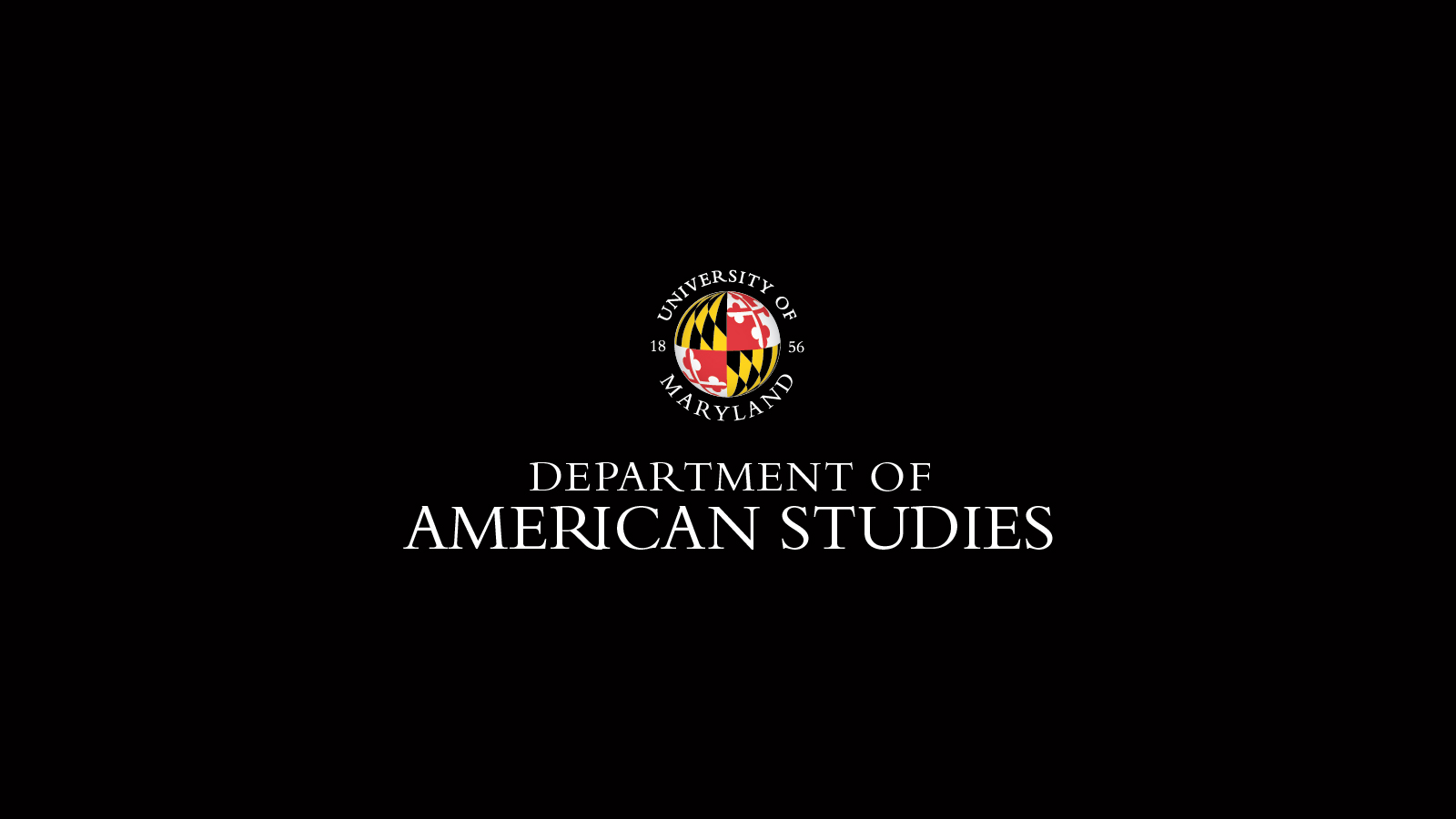Course Spotlight: Food, Trauma And Sustainability
April 02, 2014

Food, Trauma, and Sustainability asks: how does food enable one to achieve a more satisfactory “intellectual, emotional, moral and spiritual existence” during times of life transition.
AMST 418G - ‚Food, Trauma, and Sustainability‚ works from the premise that food acquisition, preparation, and consumption is deeply embedded in cultural practice. While mainstream thinking sees environmental studies as the primary discipline for studying sustainability and the prevailing theoretical model privileges three pillars of intersection‚îsocial, l environmental, and economic measures (or the ‚triple bottom line), this course is concerned with cultural vitality. This course asks: how does food enable one to achieve a more satisfactory ‚intellectual, emotional, moral and spiritual existence‚ during times of life transition, migration (forced and voluntary), displacement and dislocation? Research on food in urban environments tells us that many communities are faced with an absence or lack of full service grocery stores. More importantly, many community residents have limited food budgets and cannot afford to shop at full service grocery stores. Even more central to District 1 of Prince George‚s County, Maryland (where College Park is located), is the prevalence of immigrant populations and the lack of food stores that accommodate their needs. So, additionally, this class considers how to quell food insecurities while simultaneously empowering denizens to make the healthiest and most culturally relevant food choices.


